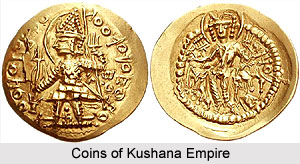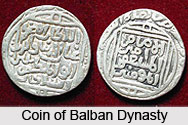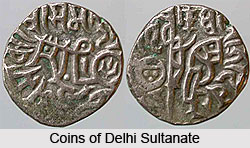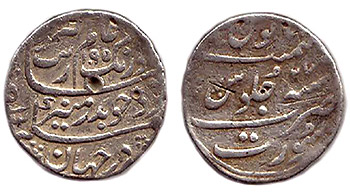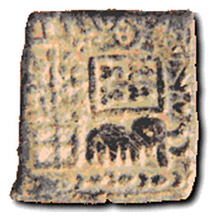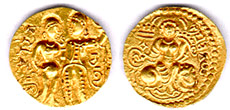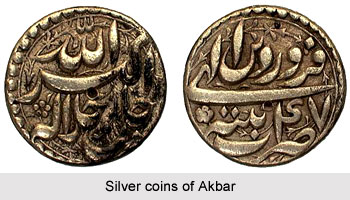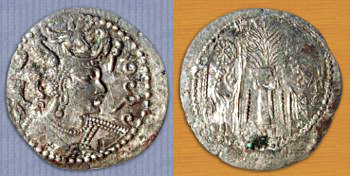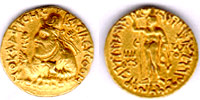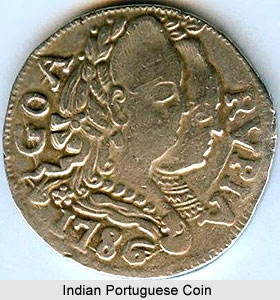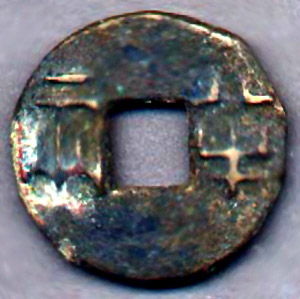 The intellectual relations between China and India, stretching over two thousand years, have had far-reaching effects on the history of both countries, yet they are hardly remembered today. India maintained close trade and cultural relations with China. India exported coral, pearls, glass vessels and beads to China. In return, India got jade and silk from China. During the course of this trade, Chinese merchants and traders brought thousands of Chinese coins to India which was sometimes used as money.
The intellectual relations between China and India, stretching over two thousand years, have had far-reaching effects on the history of both countries, yet they are hardly remembered today. India maintained close trade and cultural relations with China. India exported coral, pearls, glass vessels and beads to China. In return, India got jade and silk from China. During the course of this trade, Chinese merchants and traders brought thousands of Chinese coins to India which was sometimes used as money.
Archaeologists have discovered Chinese coins in many places such as Mahabalipuram and Tanjavur in India. These Chinese coins are made of copper or bronze. They are round and have a prominent square-shaped hole in the centre. These coins were cast in moulds. The coins bear inscriptions in the Chinese script.
Unlike ancient Indian coins, the Chinese coins do not exhibit pictures of kings, animals, birds, plants or other objects. Several museums in India have collections of Chinese coins. These coins have a lot of religious and symbolic value. The ancient Chinese believed that the small earth was square and the vast heaven was round. Hence, a big round Chinese coin with a small square hole was considered to depict both heaven and earth. It is also believed that if Chinese coins are hung on the front door of a house, the people in the house will always be happy and joyful.
